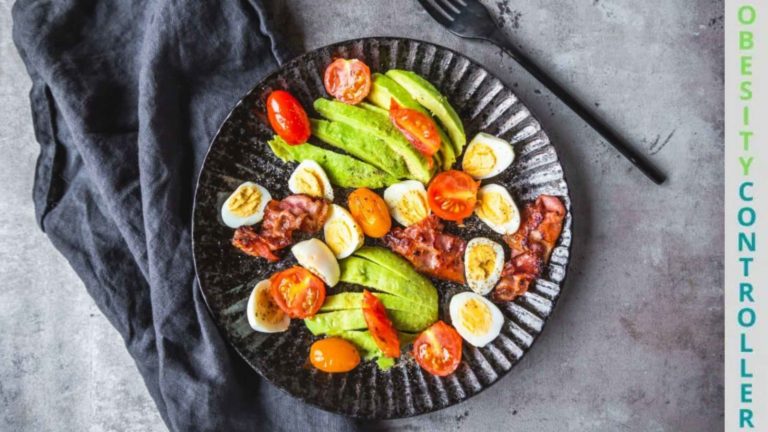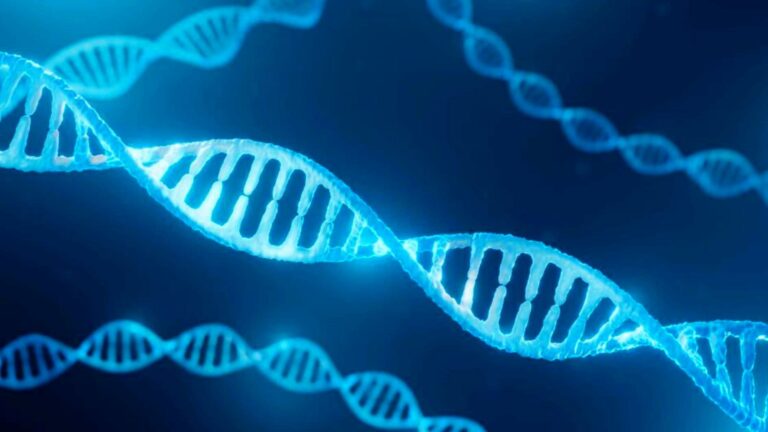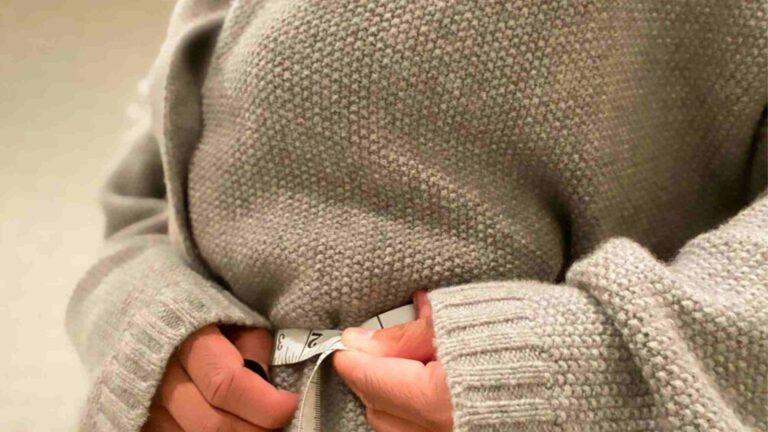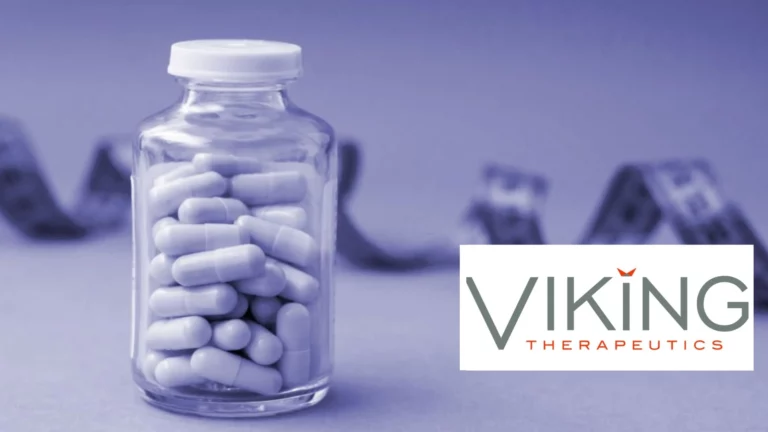Diet Drinks May Increase Food Cravings | What Study Says?
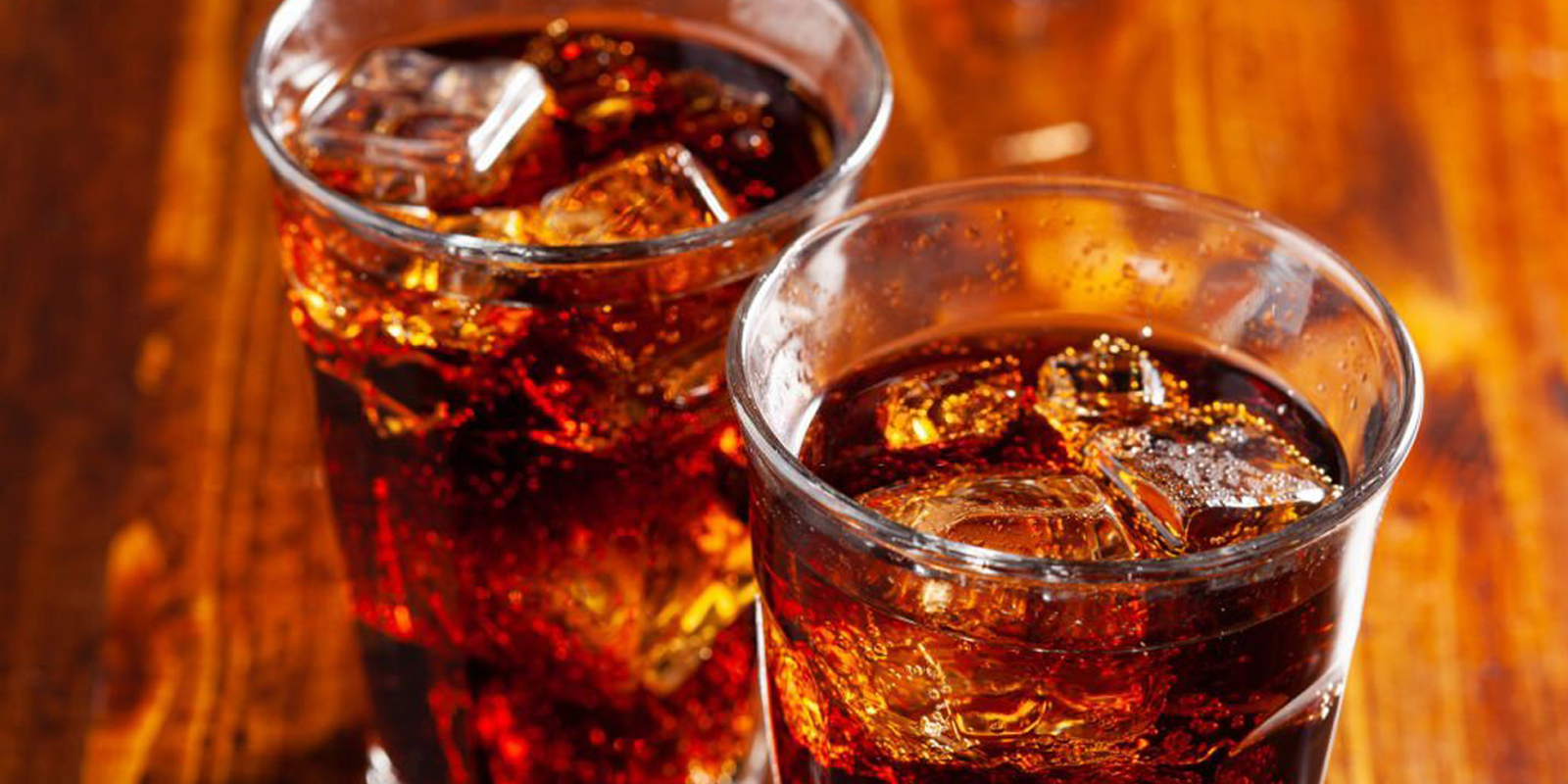
Have you added diet drinks to your diet plan? Nah, not a great idea, warns research. You might take out the artificially sweetened drink from your cart after reading the below report of research conducted by the University of Southern California keck School of Medicine.
In the U.S. more than 40 percent of adults consume nonnutritive sweeteners to satisfy their sugar cravings during their weight loss journey.
But a study published online in Jama Network Open suggests that artificial sweeteners leave people with increased appetites, especially women, and overweight people might be more sensitive to such cravings.
➡️ The study included 74 participants- an equal distribution of men and women categorized into healthy weight or overweight. The participants consumed 300 millimeters of diet drinks containing sucralose and a drink sweetened with table sugar.
- Study author Katie Page, a physician specializing in obesity at the University of Southern California, and her team used functional MRI brain images of the participants to analyze the brain activity when they viewed high-calorie foods such as burgers and pizzas.
- They measured blood sugar and metabolic hormones that can drive hunger. And at the end of each study session, they tracked how much participants ate at a buffet table.
The team documented two important effects. First, both groups had a reduction in the hormone that hinders appetite, and they ate more food after they drank drinks with sucralose, compared with after regular sugar-sweetened drinks.
📜 Second, the study showed that females and obese individuals had greater brain reward activity as compared to males and healthy weight people.
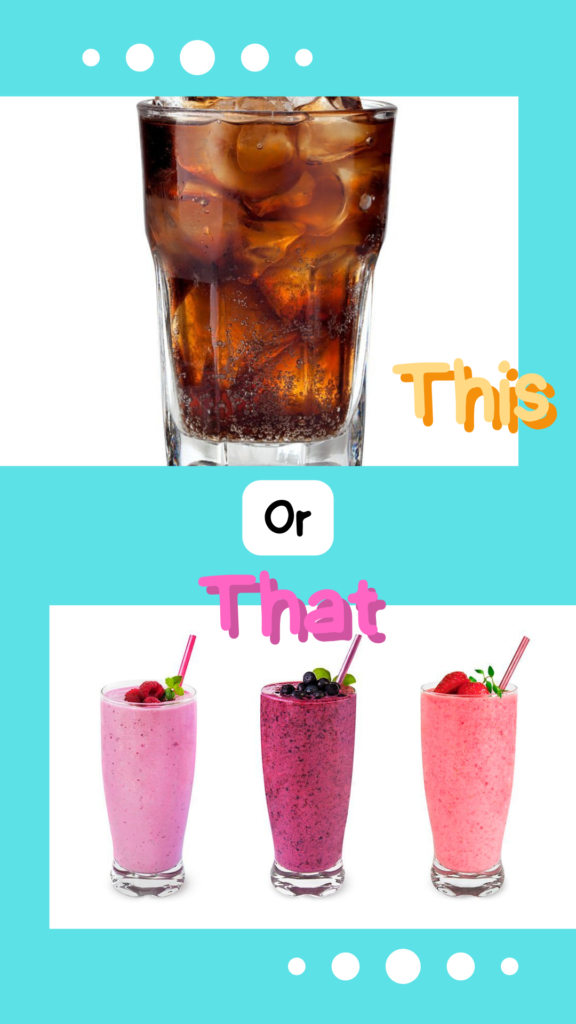
After the study, Dr. Kathleen Page said in a school news release that while some studies suggest nonnutritive sugar drinks may be helpful, others show they may be contributing to weight gain, type 2 diabetes, and other metabolic disorders.
Diet drinks may increase the risk of type 2 diabetes because when an individual ingests artificial sweeteners they get the sweet taste without sugar, which changes how your body responds to sugar the next time.
Susan Swithers, a behavioral scientist at Purdue University who was not involved in the new study but reviewed the findings said that the sugar never arrives, and this may blunt the body’s anticipatory responses and throw off the ability to efficiently metabolize sugar that is consumed later.
After all, your body will not know whether the sugar is coming or not. That would trick the body into thinking sugar is coming, and the body would release more insulin to absorb the sugar even though there is no sugar present. The blood sugar would rise, eventually increasing the risk of type 2 diabetes in some people.
When asked should diet soda drinkers who are trying to reach a healthy weight give up on artificially sweetened drinks. To this, Schmidt replied that people with obesity should completely avoid diet sodas for a couple of weeks to see if this helps in reducing high-calorie food cravings.
